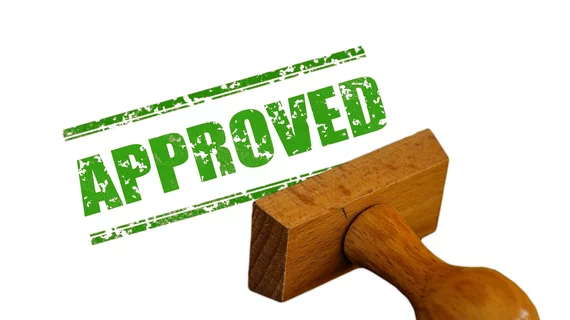FDA approves epinephrine nasal spray for anaphylaxis
The U.S. Food and Drug Administration has approved the first-ever nasal spray to treat emergency allergic reactions, including those that are life threatening.
Neffy—an epinephrine nasal spray—has been approved to treat anaphylaxis in adults and children over 66 lbs. Approval of Neffy is based on four studies in 175 health adults that showed it was nearly as effective as injectables, such as Epipens.
The approval gives patients and providers a new way to guard patients with severe allergies, and the nasal spray means administering potentially life-saving treatment is easier for bystanders, who may otherwise have to deploy a rapid injection into someone experiencing anaphylaxis.
“Today’s approval provides the first epinephrine product for the treatment of anaphylaxis that is not administered by injection. Anaphylaxis is life-threatening and some people, particularly children, may delay or avoid treatment due to fear of injections,” Kelly Stone, MD, PhD, Associate Director of the Division of Pulmonology, Allergy and Critical Care in the FDA’s Center for Drug Evaluation and Research, said in a statement. “The availability of epinephrine nasal spray may reduce barriers to rapid treatment of anaphylaxis. As a result, neffy provides an important treatment option and addresses an unmet need.”
The spray is effectively used as a single dose in one nostril. A second dose to the same nostril can then be used if the allergic reaction does not improve. These guidelines are similar to injectable epinephrine.
Neffy was given a Fast Track designation for approval, as it fills an unmet medical need for serious conditions. It is manufactured by ARS Pharmaceuticals.

